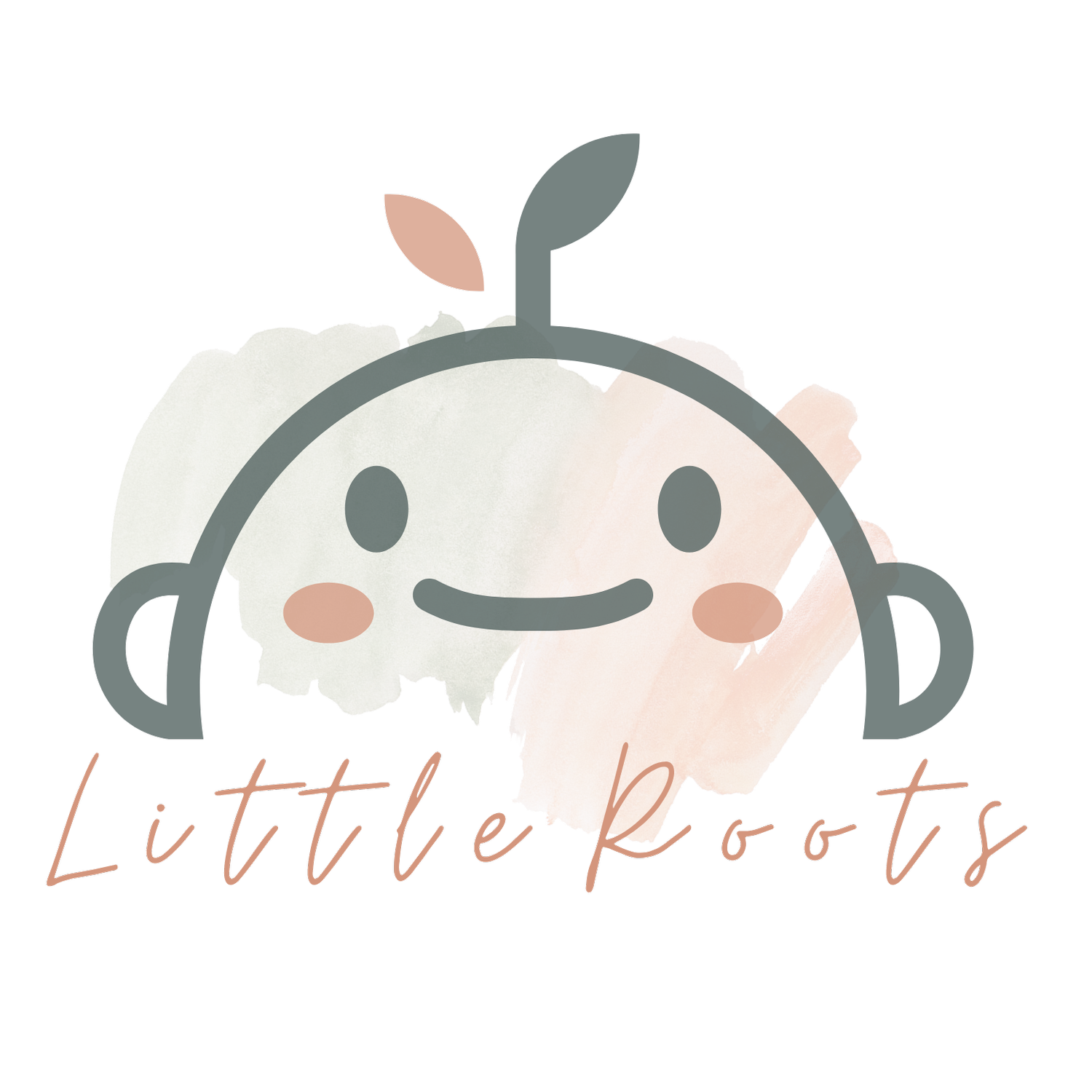Whole-Body Approaches to Infant Feeding & Motor Development: Why Early Intervention Matters
As a pediatric occupational therapist, I understand that infant feeding and motor development are not isolated skills but part of a beautifully complex system. With hundreds of hours of specialized training and mentorship, I want you to know that there is support available to help you and your baby do more than just survive—rather than taking a “wait and see” approach, early support can lead to transformative change.
At Little Roots OT, our approach embraces the whole body, the whole child, and the whole family. By stepping back to see the bigger picture, we often uncover the deeper “why” behind challenges—sometimes, small shifts lead to significant breakthroughs.
Why Intervene Early?
Infancy is a period of rapid development. During the first few years of life, the brain forms neural connections at an astonishing rate. This is a time when motor skills, social behaviors, and foundational abilities are rapidly evolving. Identifying and addressing developmental concerns early can help mitigate potential challenges and support optimal growth.
Key Reasons for Early Intervention:
Neuroplasticity – The brain’s ability to adapt and reorganize itself is greatest during the early years. Early intervention takes advantage of this plasticity, making it easier to correct or improve developmental challenges.
Foundation for Future Skills – Early motor skills, such as visual tracking, primitive reflex integration, tummy time, rolling, and crawling, lay the groundwork for more complex movements and cognitive abilities. Monitoring and addressing the quality of feeding and movement skills early ensures that these foundational skills are well established, setting the stage for greater overall functioning.
The Power of a Whole-Body Lens
When we look at feeding and movement through an integrative approach, we consider multiple key factors:
The Nervous System & Regulation– Is the baby in a state of safety and connection, or is their nervous system in fight-or-flight or shutdown? A resilient and adaptable nervous system is essential for skill-building.
Sensory Processing & Integration – How does the baby experience and process touch, movement, and oral input? Are sensory sensitivities or under/over-responsiveness impacting feeding or motor development?
Family Dynamics & Environment (Family Systems Theory) – What are the family's routines, expectations, and stressors? How can we create a supportive environment for both the baby and caregivers?
Developmental Readiness & Reflex Integration – Is the baby’s body ready for the task, or are underlying reflexes, movement patterns, or postural challenges making things harder than they need to be?
Gut Health, Oral Function & Breathing – Are gut sensitivities contributing to discomfort, dysregulation, or feeding challenges? Is the baby developing proper oral function and nasal breathing patterns? Nasal breathing plays a crucial role in oxygenation, nervous system regulation, and long-term wellness, influencing everything from sleep quality to jaw development and posture.
Real-Life Examples of Whole-Body Approaches in Action
From Months of Straw Drinking Frustration to Success in One Session
The family had been diligently working on straw drinking for months without success. They came to me feeling frustrated and unsure of what was missing. Instead of focusing solely on oral motor mechanics, we assessed postural stability, core engagement, trunk mobility, and sensory processing. By incorporating rotational movement, specific sensory input, vestibular and visual activities, and core activation exercises before introducing the straw, the baby found immediate success—something they had been struggling with for months in isolation.
Understanding the “Why” Behind Behavioral Challenges
A family sought help because their 14-month-old resisted sitting in a highchair for meals, often arching, crying, screaming, or refusing food. Initially, they were told it was a behavioral challenge, but a deeper look revealed that retained reflexes, low postural stability, and sensory sensitivities were contributing factors. By addressing postural weakness, vestibular sensitivities, and tactile processing—and embedding specific movement activities into the family’s routine before mealtime—the baby’s feeding experience transformed.
A Baby Who “Took Forever to Crawl” but Found Joy in Movement
Another family was concerned that their baby was not yet crawling, despite frustration with a home program that was difficult to follow. Traditional strategies weren’t working, and the baby seemed distressed. Instead of pushing through discomfort, we explored approaches rooted in connection, safety, and the child’s innate drive to explore outdoors in sensory-rich environments. A manageable home program focused on movement on dynamic surfaces provided the “just right” intensity and repetition to help wire this new movement pattern. Within one week, crawling became a joyful and natural experience rather than a struggle.
Addressing Gut Sensitivities & Oral Function to Improve Regulation & Family Well-Being
One baby struggled with persistent feeding challenges, reflux, and irritability, leaving the family exhausted and unsure how to help. By referring them to a naturopath, we identified gut sensitivities contributing to discomfort and dysregulation. Additionally, we worked collaboratively with their lactation consultant and release provider to support pre- and post-frenectomy therapy, ensuring optimal oral function and reducing feeding difficulties. As the baby’s gut health improved, so did their regulation, leading to better connection, movement, and feeding success. With more restful nights and smoother feedings, the parent was able to confidently return to work, knowing their baby was thriving.
Creating a Safe & Supportive Space for Families
One of the most important aspects of this work is approaching each family with compassion and understanding. Parenting comes with enough pressures and expectations—our role is to offer guidance in a way that feels empowering, not overwhelming.
Every baby is unique, and no single strategy works for all. My goal is to meet each child where they are, help families understand the deeper "why" behind challenges, and provide gentle, practical strategies that support lifelong skills.
By embracing a whole-body approach, we open the door to more ease, connection, and success—for both babies and their caregivers.
Want to Learn More?
At Little Roots OT, we specialize in sensory-motor development, infant feeding, and whole-body approaches to support your child’s thriving future. Reach out to us at www.littlerootsot.com to learn more!

